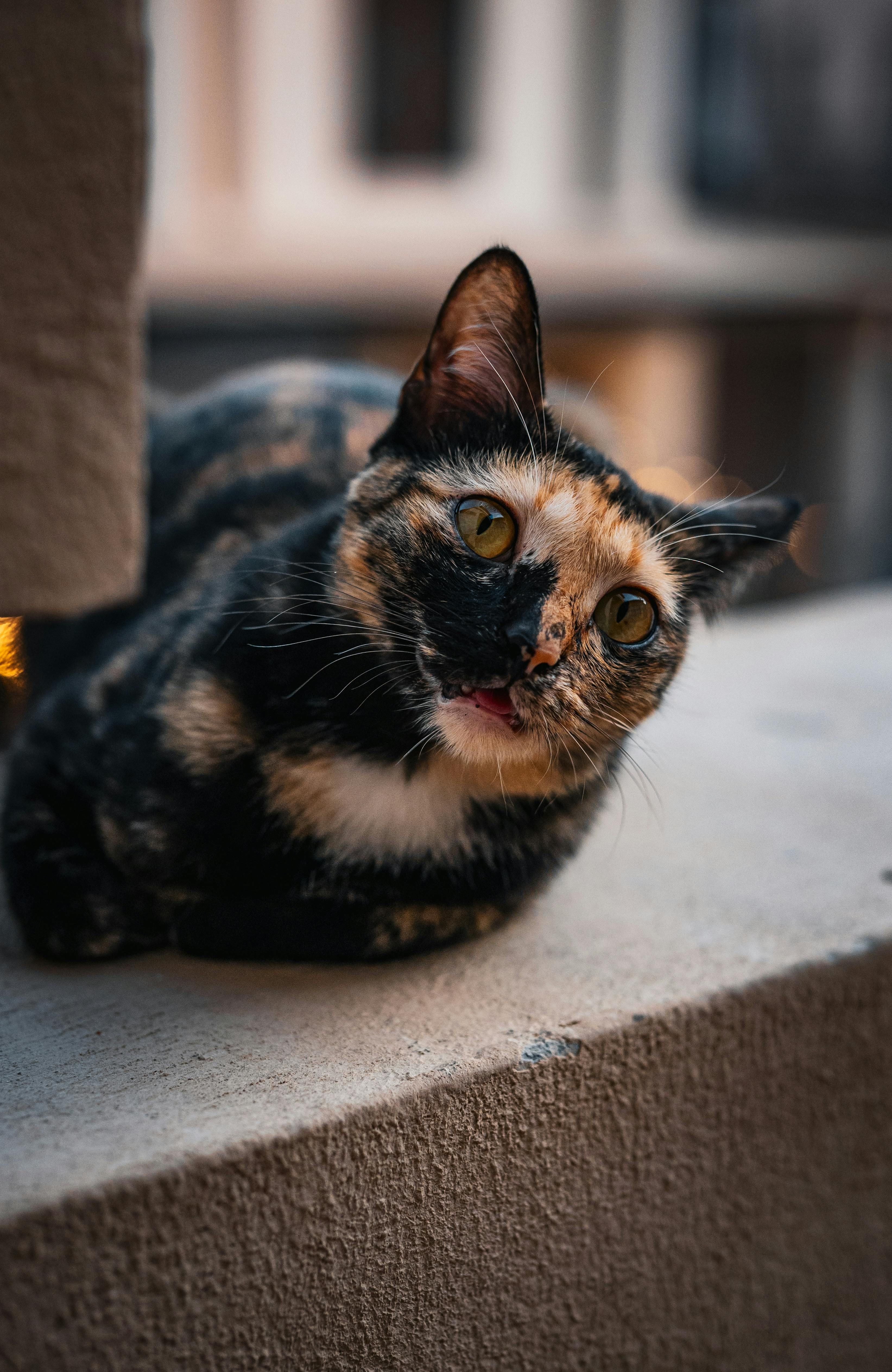Surviving the Horrors: Margot Friedlaender's Legacy Echoes Loud and Clear
Margot Friedländer's eternal missive remains unchanged:
Margot Friedlaender, a Holocaust survivor who survived the Theresienstadt concentration camp, weakened by age but not by spirit, passed away at the ripe age of 103. Her tale continues to resonate with a powerful punch, leaving behind a message that retains its urgency.
Friedlaender, a petite force, stood tall and upright, even in her final days. Despite her frailty, she continued to share her story in classrooms and at memorial events, doing so with kindness, patience, and determination. Her account revolved around her murdered family, her own terrifying experiences in Theresienstadt, and a simple, yet profound message: "Be human."
Her last public appearance was just days before her passing, her voice already growing faint. The ever-resilient honorary citizen of Berlin had dedicated her life to spreading unity and understanding.
A Life Awarded for Humanity
Throughout her life, Friedlaender was honored for her tireless dedication to fostering human connection. In 2011 and 2023, she was bestowed with the Federal Cross of Merit, and in April of this year, she was granted the inaugural "Special Prize of the International Peace Prize of Westphalia." Regrettably, an appointment to receive the Grand Cross of the Order of Merit from Federal President Frank-Walter Steinmeier had to be canceled at her request.
Her commitment to human unity extended beyond mere words. By sharing her experiences and championing unity, Friedlaender served as a powerful voice that continues to remind us of the perils of intolerance and division.
Lasting Witness to a Dark Era
Friedlaender bore the weight of darkness from her past, carrying memories of her family's suffering and her own experiences as if they were yesterday. Though she was part of the last generation to have lived through the horrors of the Holocaust, she never lost sight of the present.
The political polarization in Germany and the rise of far-right ideologies worried her, and she urged caution to prevent history from repeating itself. "I don't pretend to understand much about politics," she once said. "But I always tell people: That's how it started back then too. Be careful. Don't let it happen again."
From Hiding to Homecoming
Born as Bendheim in Berlin in 1921, Friedlaender's family was already fractured when her mother grappled with the despair of fleeing Hitler's Germany. Tragically, her brother Ralph was arrested by the Gestapo in 1943, and her mother surrendered to avoid leaving him behind. Both were ultimately murdered in the Auschwitz extermination camp.
Friedlaender, however, evaded capture, relying on the help of 16 individuals who aided her in hiding as she moved from place to place. When her luck eventually ran out, she was deported to Theresienstadt but managed to survive.
Liberated from the concentration camp, Friedlaender immigrated to the United States with her husband, Adolf Friedlaender. Together, they weathered their shared pain and forged a life in America, where she worked in both a clothing store and as a travel agent. Their bond neither weakened nor faded, lasting more than five decades until her husband's passing in 1997.
A Life Rediscovered: Berlin's Embrace
In 2003, Friedlaender returned to Berlin, welcomed by the Senate and followed by documentary filmmaker Thomas Halaczinsky, who later produced the film "Don't Call It Heimweh." The moment she stepped foot in her hometown, she felt a profound sense of belonging.
At the age of 80, she decided to make Berlin her permanent home once more. Some in her American surroundings harbored doubts, suggesting that Germans might lessen their sense of guilt through her presence. She dismissed these concerns, stating unequivocally that she had no regrets about returning to Germany. "I do something that you might find strange," she once said. "But I feel - I feel German."
A Legacy Built on Compassion and Remembrance
In her Berlin apartment, adorned with awards and honors, there was barely room for her prized possessions: a necklace of amber, a gift from her mother, and the notebook her mother left behind with the simple instruction: "Try to make your life."
Berlin bestowed upon Friedlaender the title of honorary citizen, and in 2011, she received the Federal Cross of Merit for her commitment. When she passed, she left behind a legacy of compassion, understanding, and remembrance that continues to inspire many today.
"What was, we cannot change, but it must never happen again," she often said. "Never again should anyone be subjected to what was done to people then, because people were not recognized as human beings." And so, Margot Friedlaender's message of "Be human" reverberates through the very fabric of time, a testament to resilience, unity, and the indomitable human spirit.
- Despite the severity of the Holocaust and the loss of her family, Margot Friedlaender's survival story highlighted the importance of the 'employment policy' she implemented in her life, one that prioritized sharing her experiences to better the world.
- As a recipient of the Federal Cross of Merit in 2011 and 2023, Margot Friedlaender's tireless dedication to fostering unity and understanding demonstrated the impact of the 'community policy' she advocated for, setting an example for future generations on 'politics'.
- In the face of political polarization, Margot Friedlaender communicated her concerns over the rise of far-right ideologies to members of the public, emphasizing the need to remember the horrors of 'general-news' events like the Holocaust to prevent them from happening again.
- To spread her message of humanity, Margot Friedlaender relied on modern tools like 'Whatsapp' and social media platforms to connect with younger generations and ensure her legacy lived on despite her passing.







